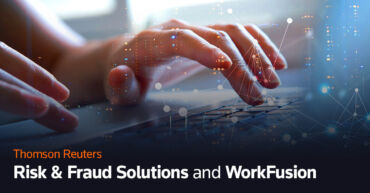
What does the PHE unwinding mean for agencies overseeing benefits programs in their states?
1. The risk of fraud has intensified. Fraudsters will exploit the uncertainty surrounding the emergency to deceive individuals and agencies. Agencies need to spend extra time and resources to identify and prevent potential fraud of government funds.
2. People are vulnerable to fraudsters promising “help”. Disenrolled people needing health benefits will be desperate for assistance. This will make them susceptible to fraudulent entities promising quick solutions. Agencies can partner with health plans, pharmacies, schools, and community organizations to help individuals and families correctly renew benefits.
3. Information security is more crucial than ever. During the PHE, agencies became more reliant on digital platforms. They must protect more and more sensitive, confidential household and individual data from cybercriminals. And agencies will need to rigorously verify the data of current recipients as well as those seeking to re-enroll.
4. Agencies need to be transparent and accountable. They need to show that benefits are going to the people who truly need them. That requires robust systems and processes for verifying recipients and preventing fraudulent applications.
5. Stakeholders must work together. Government agencies, law enforcement, healthcare providers, and financial institutions should share information, which can make identification of fraudulent activity more effective. Agencies then can identify and prevent those seeking to illegally access public benefits.












